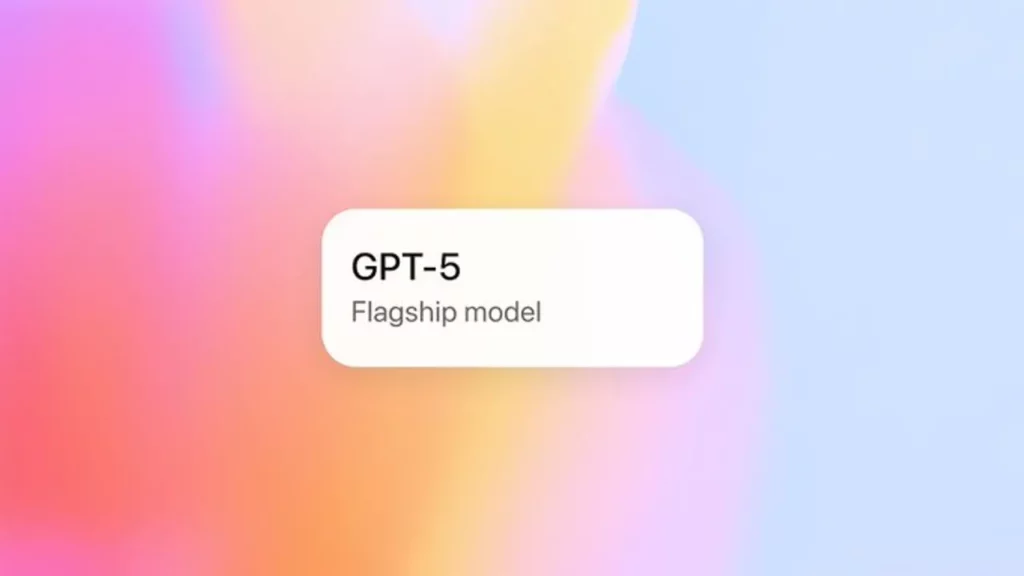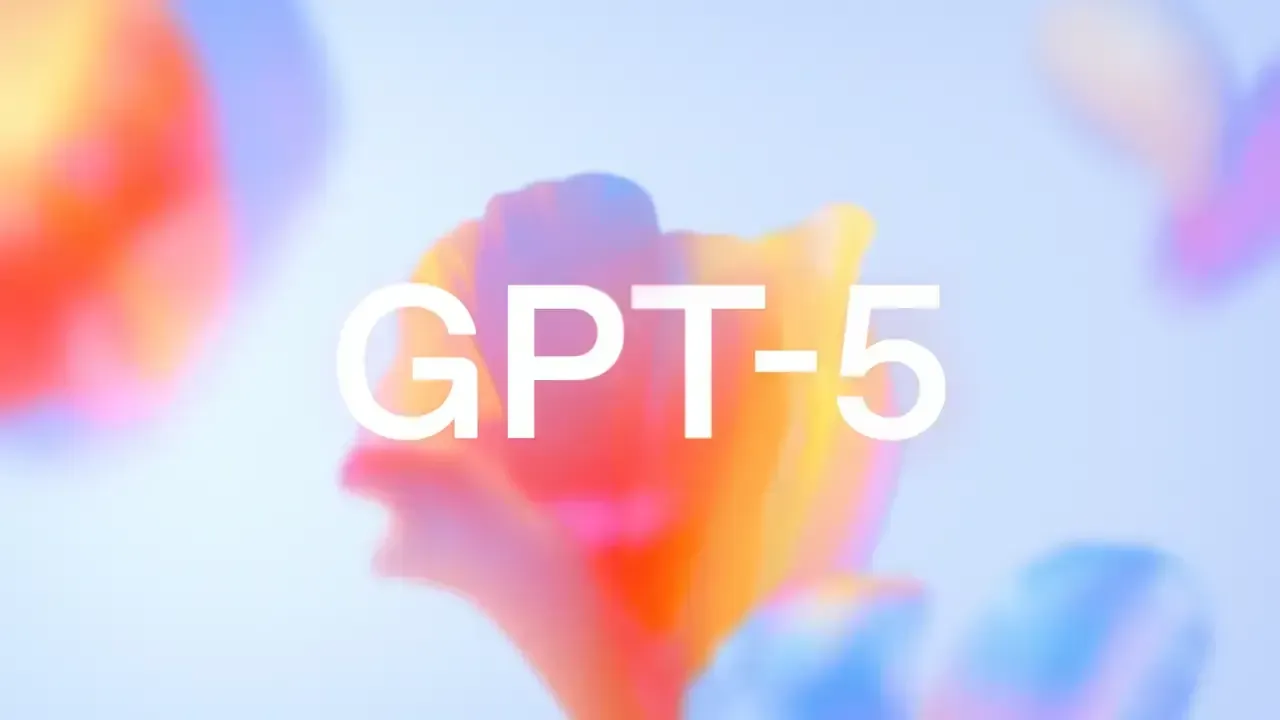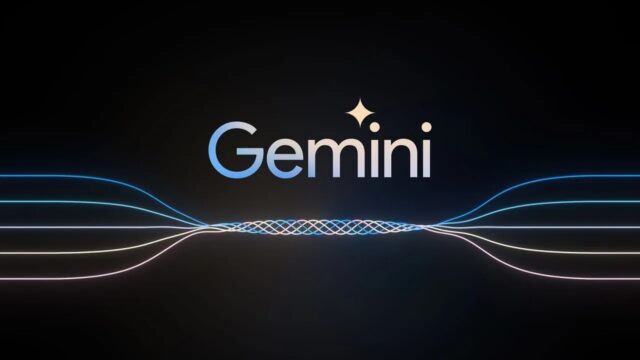OpenAI has released ChatGPT 5, an advanced large language model with a redesigned routing system. The feature assigns tasks to specialized modules, aiming for faster responses and more accurate outputs. The debut has generated interest from developers, enterprises, and AI researchers eager to test its capabilities in real-world workflows.
ChatGPT 5 draws mixed reactions from early adopters

Many technical users report smoother coding, quicker debugging, and better tool integration. Teams building applications say the AI model adapts well to project demands. Still, some testers highlight uneven reasoning and occasional gaps in logic, showing that the technology has room to mature.
Routing system shows promise but needs refinement
A major highlight of the release is the adaptive routing engine. It tries to pick the most suitable sub-model for each prompt. While the ChatGPT 5 concept works in many coding cases, several pain points have emerged:
- Tasks routed to less optimal modules, reducing answer quality
- Minimal insight into why certain paths are chosen
- Inconsistent results for sensitive or high-stakes queries
OpenAI says updates are underway to improve predictability and transparency.
Broader implications for AI development
Supporters believe the routing framework could move AI toward modular designs that handle varied workloads efficiently. Critics argue that scaling models alone cannot solve reasoning flaws. The conversation reflects a growing need for innovation in architecture, not just size.
What lies ahead for advanced AI platforms
OpenAI is already preparing updates that focus on stability and integration. If routing accuracy improves, the system could help deliver specialized tools for industries ranging from software engineering to scientific research. With steady refinement, this generation of AI might mark the shift toward more targeted, reliable machine intelligence.
ChatGPT 5 adoption will shape its legacy
The real test will come as businesses decide whether to integrate the model into daily operations. If it can demonstrate consistent performance across diverse environments, ChatGPT 5 could become a benchmark for how modular AI systems evolve. If not, it may be remembered as a transitional experiment on the road to more capable successors.














